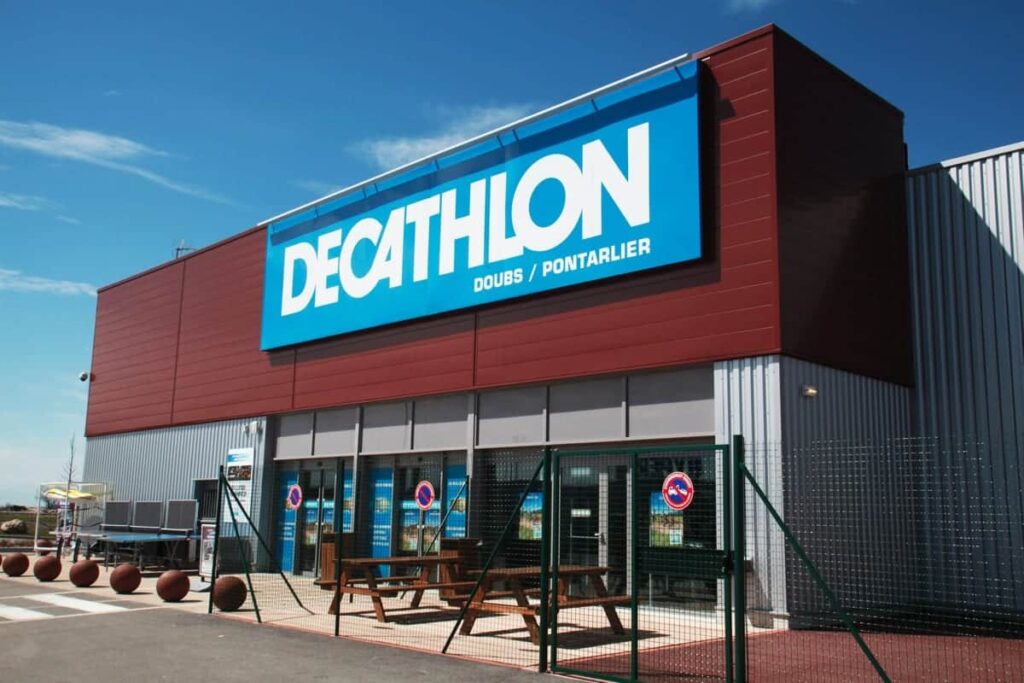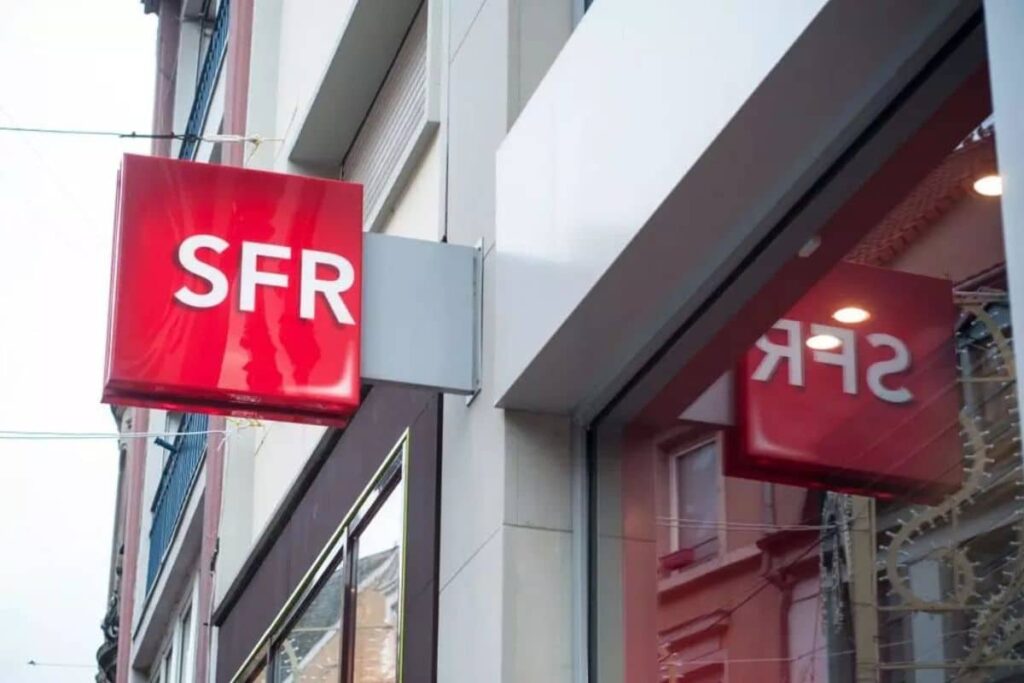A major announcement is shaking the world of sports retail: Decathlon plans to close 31 of its stores in France starting in May. This decision, which will affect hundreds of employees and loyal customers, has generated a multitude of reactions and raises questions about the current economic challenges in the sector.
📆 Closure Planned From May 4
The Decathlon group has announced the closure of 31 stores in France, with 25 closing on May 4, 2025. This abrupt decision is part of a strategy for a deep reorganization of the physical distribution network. The stated goal is to optimize economic performance by focusing on the most dynamic retail locations and on online commerce.
This announcement was confirmed via a press release from the group, creating a shockwave in the sports equipment retail sector, especially as these closures occur within a context of overall increase in sports participation in France. Some experts interpret this as a sign that Decathlon aims to concentrate its efforts on new urban store formats that are more compact and connected.

🗺️ Affected Cities: A Redrawn Map of France
Among the first cities impacted by this wave of closures are:
- Arras
- Bordeaux
- Lyon
- Marseille
- Nantes
Additional locations may also be at risk in the Hauts-de-France, PACA regions, and in the outskirts of major cities. This reorganization suggests a geographical polarization: major cities will be prioritized, while peri-urban and rural areas risk abandonment. Local communities, often partners of the brand for events or sports equipment, are already expressing concerns about the economic and social impact of these closures.

😔 Social Impact: Testimonies and Mobilizations
Emotions run high in the affected communities. In Arras, for instance, the store has been a part of the community for over a decade. Martine Laval, a former employee, shares: “This was a place of life, of meeting, of social connections. We came here for much more than just sports goods.”
For the approximately 400 employees impacted by the store closures, anxiety prevails. While management assures that it will facilitate internal mobility, union representatives criticize the lack of dialogue and fear that these commitments may merely be empty promises. Some employees are also concerned about potential deeper restructurings to come, which may affect warehouses or support functions.
In several cities, online petitions have been launched, and local mobilizations are organizing to amplify the voices of employees and customers. Local elected officials have already requested urgent meetings with management, hoping to secure guarantees regarding job retention and employee reassignment.

🚚 And for Customers? Fewer Stores, More Digital
Customer reactions are mixed, ranging from understanding to frustration. While some welcome the evolution toward a more robust digital offering, others fear the loss of the in-store experience, personalized advice, and the ability to try products. In some cities, loyal customers are even considering turning to competing brands that still have accessible physical networks.
Decathlon claims to be compensating for these closures by strengthening its online platform, improving delivery speed, creating sport drive-thrus, and establishing pickup points in strategic areas. The group is also working on new mobile applications and enhancing its remote customer service.
However, this shift to a completely digital model could alienate parts of the population, particularly elderly individuals with limited connectivity or families living far from major cities. This is a challenge that the brand must overcome in order to maintain its promise of accessibility. Additionally, it will need to ensure that it keeps trusting relationships with local sports communities, which cannot always be established through screens.








